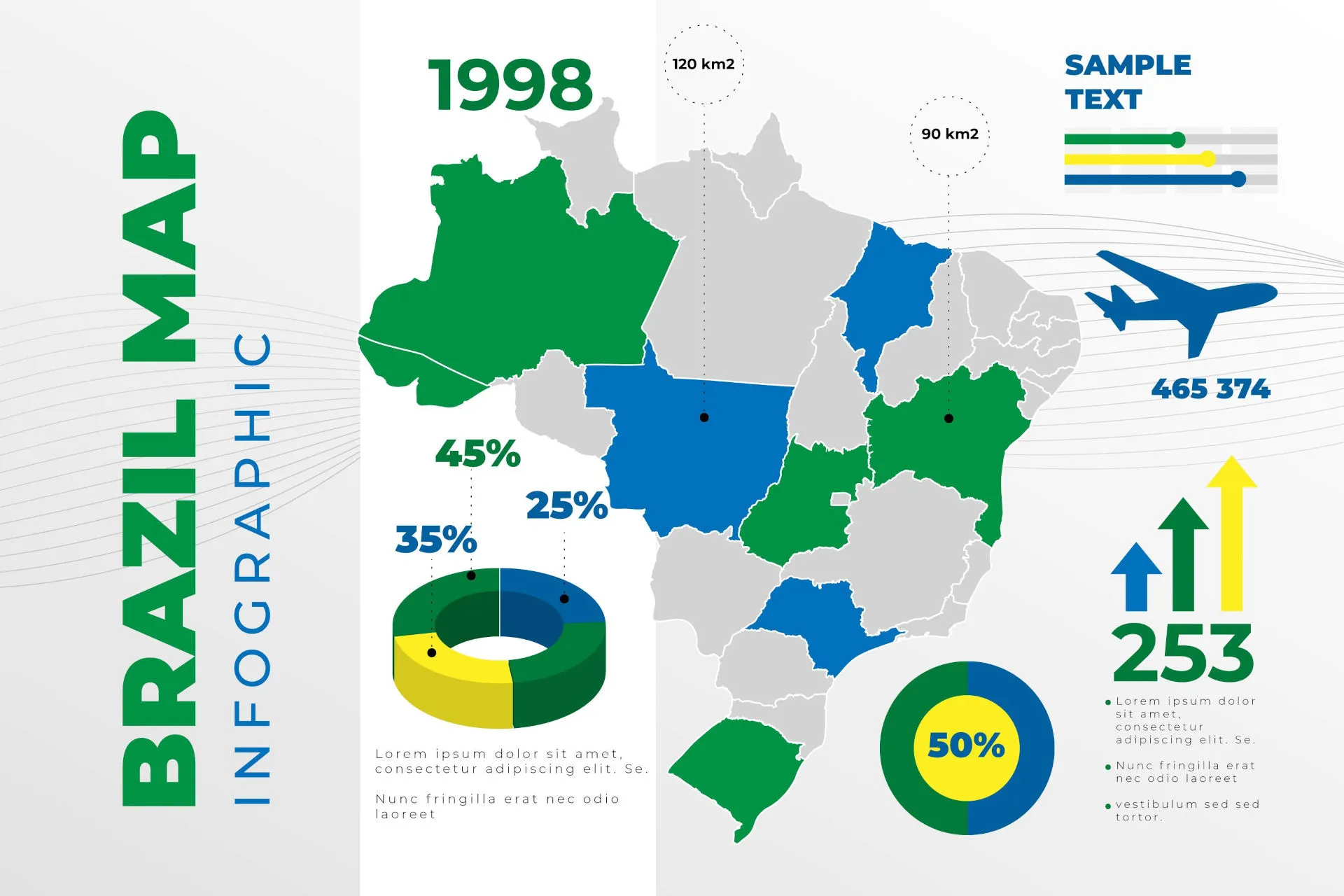String interpolation is one of those features in PHP that make the language both powerful and easy to use. It allows you to embed variables directly within strings, making string manipulation more intuitive and readable.
You’ll understand better, but just to clarify, in PHP, string interpolation only works with double quotes or Heredoc.
Basic Syntax of String Interpolation in PHP
In PHP, simple string interpolation is performed using the $ symbol (yes, the same symbol that defines a variable).
For example:
$name = "João";
echo "Hello, $name!";
This will display: Hello, João!
As you can see, when you use the variable within a string enclosed in double quotes, PHP inserts the value of the variable at that position. This is “string interpolation.”
The PHP interpreter goes through the string from left to right and, upon encountering the $ symbol, tries to construct the name of the variable or structure that was used.
Types of String Interpolation in PHP
Double-Quoted Strings
You can use string interpolation in double-quoted strings:
echo "Hello, $name!";
Heredoc Syntax
String interpolation also works in Heredoc:
echo <<<EOD
Hello, $name!
EOD;
Nowdoc Syntax
In Nowdoc, string interpolation is not processed:
echo <<<'EOD'
Hello, $name!
EOD;
Common Use Cases
Output Formatting
$age = 30;
echo "João is $age years old.";
SQL Queries
$query = "SELECT * FROM users WHERE name = '$name'";
HTML Templates
echo "<div class='user'>$name</div>";
Best Practices
- Use string interpolation for readability, but be cautious about security risks.
- Always sanitize variables that come from user input.
- Interpolation can be simple or complex. Complex interpolation allows you to access method returns and dynamically construct accessed names, among other things.
Performance Considerations
String interpolation is generally as fast as concatenation, but for complex strings, concatenation may be faster. Run benchmarks in your own context to be sure.
Advanced Topics
Variable Nesting
echo "This is {$array['key']}.";
Using Braces for Complex Expressions
echo "The square of 4 is {$number * $number}.";
Complex Interpolation
As explained earlier, the PHP interpreter goes through the string from left to right and, upon encountering the $ symbol, tries to construct the name of the variable or structure that was used.
However, in an example:
echo "Hello $person->getName()";
The interpreter will not stop at the parentheses because it understands that due to ->, it should continue the analysis to construct the name of the property accessed (getName), not the method (getName()).
Thus, what PHP will try to do is display the value of the property $pastor->getName followed by two parentheses. Since getName is not a property of the object (it’s a method), an empty string will be displayed, and probably the warning Undefined property: Person::getName.
However, using the structure of complex interpolation, you can access method returns and dynamically construct the names of accessed methods; for this, just use braces {} to contain method calls in string interpolation.
echo "Hello {$person->getName()}";
echo "Hello {${$field}}";
Uncommon Information
Historical Context
String interpolation was introduced in PHP 4 and has seen several improvements over the years.
Under the Hood
PHP converts interpolated strings into concatenated strings at the opcode level.
Comparison with Other Languages
Unlike JavaScript’s template literals, PHP’s string interpolation is simpler but less flexible.
Frequently Asked Questions
- Is string interpolation safe?
- Not always, especially in SQL queries. Always sanitize user input.
Conclusion
String interpolation is a powerful feature in PHP that can make your code more readable and easier to maintain. However, it’s essential to understand its nuances to use it effectively.






Comments